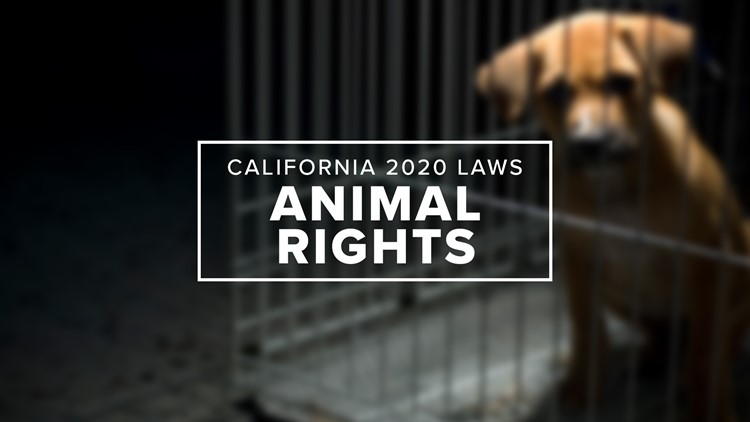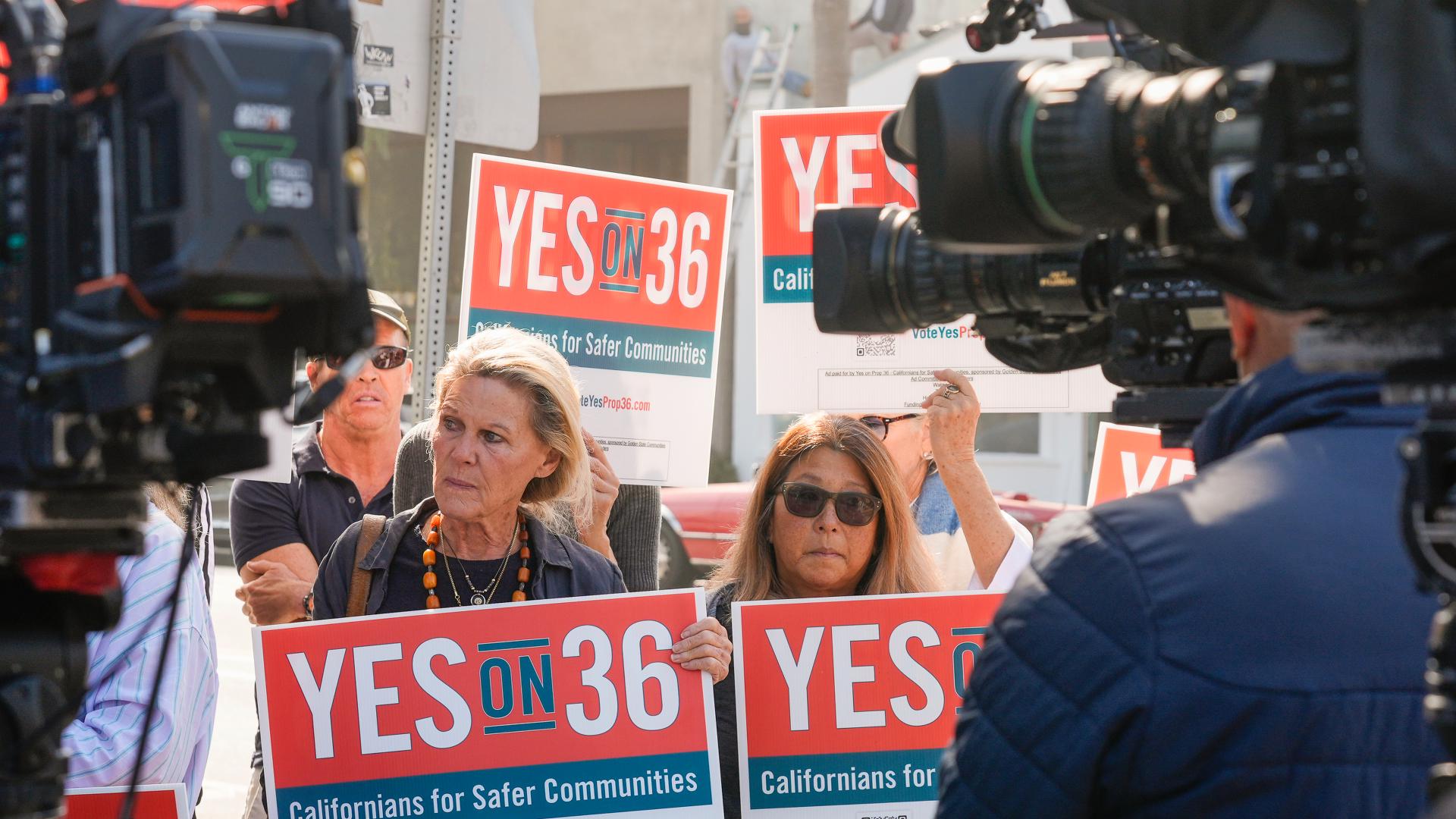CALIFORNIA, USA — Here is what you need to know about five new laws involving animals and plastics that are going into effect in California in 2020. They cover circus cruelty, fur items, animal testing, small plastic bottles and salvaging roadkill.
Summary:
California bans the use of most animals in circuses.
Current Law:
The existing law regulates the taking and possession of birds, mammals, fish, reptiles, and amphibians, including the importation, transportation, possession, and live release of wild animals.
What's new:
This bill would ban the use of animals, except for domesticated dogs, domesticated cats, and horses, by circuses in California, and establishes a civil penalty for violations.
This bill would not allow a person to sponsor, conduct, or operate a circus in California that uses any animal other than a domestic dog, domestic cat, or domesticated horse.
Governor Gavin Newsom signed the measure into law nine months after Sen. Ben Hueso introduced it in the state Senate.
Any person who violates the bill would be liable for a civil penalty of no more than $25,000 for each day the person is in violation.
Why it's needed:
According to Sen. Ben Hueso, “animals used in circuses endure cruel training, near-constant confinement, and are deprived of their natural habitat.” Hueso says this bill will ensure that these animals are not “exploited or cruelly treated within our state.”
Summary:
California bans the sale and manufacture of new fur items.
Current Law:
Existing federal law requires that fur products be labeled with the names of any animals used, the manufacturer, the country of origin, and other specified information.
What's new:
This bill would make it unlawful to sell, offer for sale, display for sale, trade or otherwise distribute for monetary or non-monetary consideration a fur product in California, or to manufacture a fur product for sale. A violation of these prohibitions would subject a person to civil penalties.
Why it's needed:
According to Assemblymember Laura Friedman, “there are a variety of humane alternatives, both in terms of faux fur that is virtually indistinguishable from real fur, and alternative textiles that are just as warm or fashionable.” Friedman says, “there is no need for fur in the 21st century and no place for it in a sustainable future.”
Summary:
California bans animal testing, cosmetics.
Current Law:
Existing law prohibits manufacturers and contract testing facilities from using traditional animal testing methods within the state of California when an appropriate alternative test method has been scientifically validated and recommended.
What's new:
This bill would make it unlawful for cosmetic manufacturers to sell any cosmetic in California if the final product or any component of the product was tested on animals.
Why it's needed:
"With the passage of SB 1249, California now leads the country in supporting modern, reliable cosmetic safety testing, while protecting animals from unnecessary suffering," said Senator Galgiani.
Summary:
California bill would allow bans small plastic bottles in hotels.
Current Law:
Existing federal law targeted single-use plastic items such as grocery bags and straws in an effort to reduce plastic pollution.
What's new:
This bill would ban those small shampoo and conditioner bottles in California hotels.
The bill would prohibit a city, county, or city and county from passing or enforcing an ordinance, resolution, regulation, or rule relating to personal care products in plastic bottles provided at lodging establishments, except as provided.
Why it's needed:
According to the bill’s author, Assemblyman Ash Kalra, “the small plastic bottles in hotels may be convenient, but they are also damaging the environment.” Kalra said, “while it may not appear to be a problem on an individual level, small plastic bottles that are less than 12-ounces represent a sizeable amount of waste collectively.”
Summary:
The California bill would let drivers salvage roadkill legally.
Current Law:
Under existing law, accidentally killing an animal with a vehicle isn’t illegal, but salvaging it is illegal. According to the law, only state and local agencies may lawfully remove such animals.
What's new:
That bill would amend state law and allow drivers of vehicles that accidentally strike and kill an animal to retroactively apply for a wildlife salvage permit, free of charge, within 24 hours of the incident. The bill would also allow non-drivers who find roadkill to salvage the animal.
Why it's needed:
According to Sen. Bob J. Archuleta, “by allowing the take of large game animals after a highway collision, and by logging the site of the incident, we not only clean up our highways, we gather the necessary data to prevent the occurrence in the future.”



